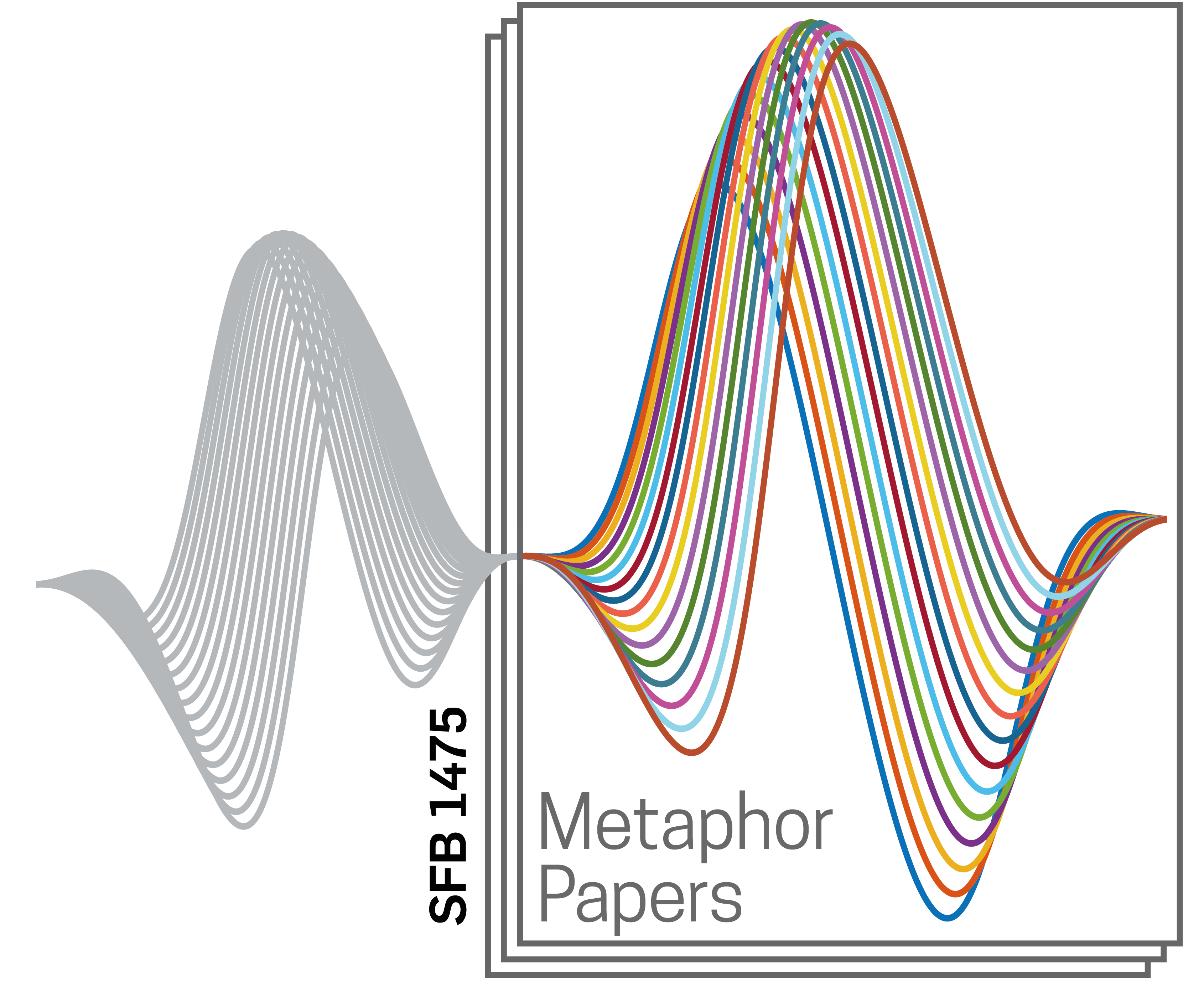
Die Wege der Sprache: Metaphernanalyse bei Virgilius Maro
Keywords:
Virgilius Maro Grammaticus, hiberno-latin grammar, metaphoricity of language, literary fiction, fictitious worksSynopsis
The author who is under discussion here named himself Virgilius Maro. He belongs to the so-called hiberno-latin grammarians and wrote his works under the name of the famous Roman poet P. Vergilius (spelled Virgilius in medieval times) Maro (70–19 BC), who was the most important authority for ancient grammarians in teaching correct classical Latin. The actual name of ‘Virgilius the grammarian’ is unknown; linguistic peculiarities and external evidence point to a scholarly milieu in seventh-century Ireland. Virgilius, in a number of letters (Epistulae) and so-called extracts (Epitomae) from grammatical literature, discusses specialised problems of grammar in a way that is quite unusual in school tradition: the rather dry stuff of grammar is embellished by a lot of anecdotes, fictitious sources, and self-designed Latin. The outcome is a characteristic mix of serious linguistic investigations and comic, sometimes even absurd, interludes. Therefore, a general characterization of Virgilius’ grammar is not easy to provide. Scholarly judgments vary, reaching from ‘charlatanism’ to ‘parody’ or even ‘hidden wisdom.’ In this article, it is put forward that a central issue of Virgilius is to demonstrate and analyse the ‘metaphoricity’ of language. This way, the early medieval author aims to point out the multiple ‚ways of language.’




